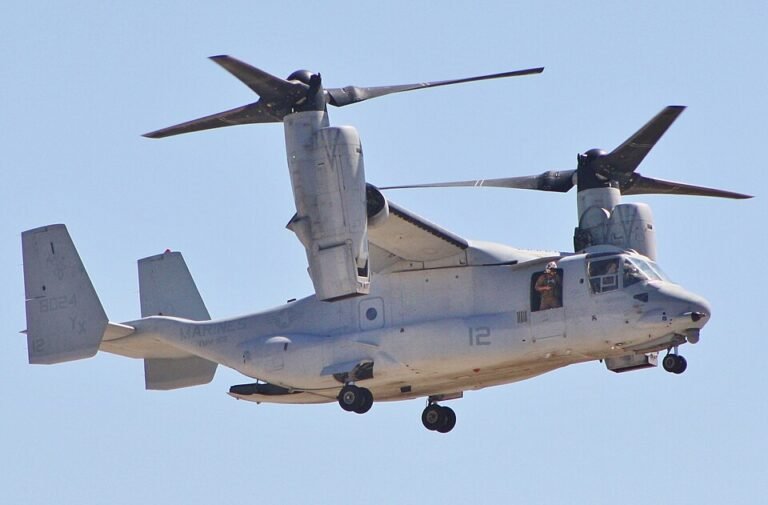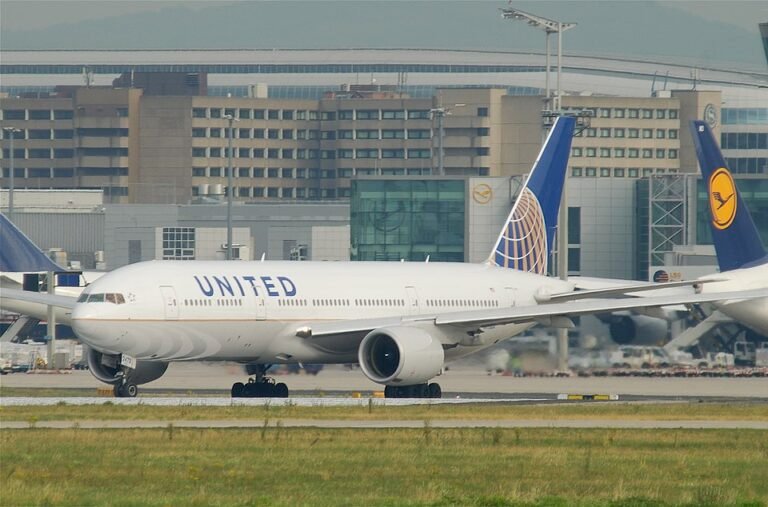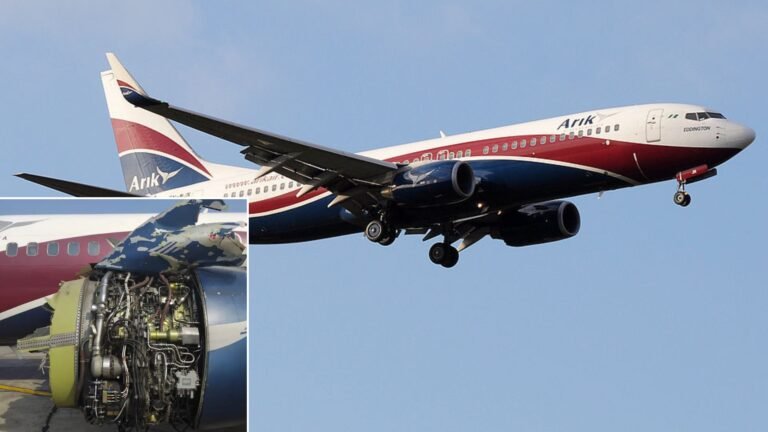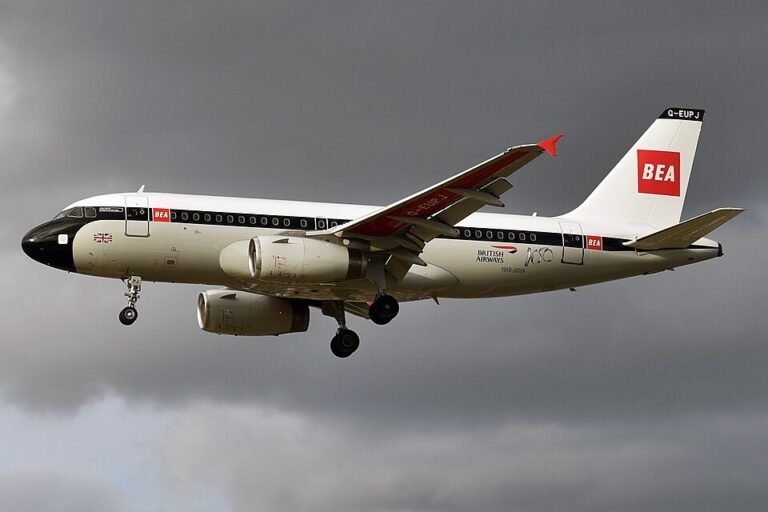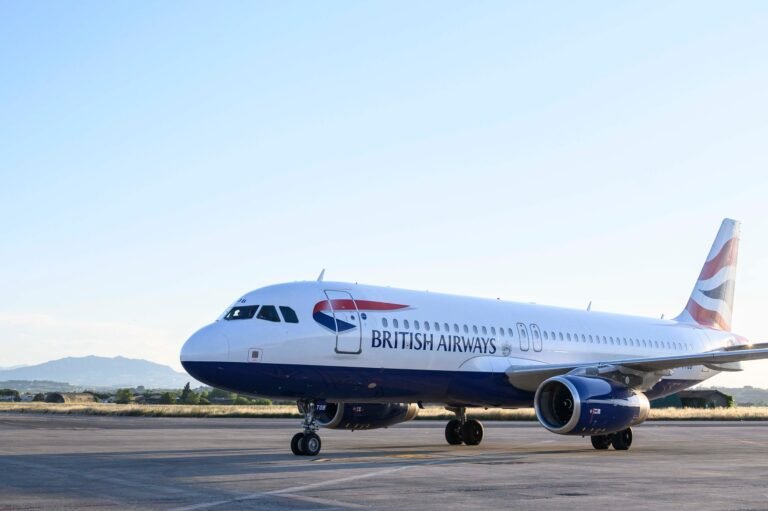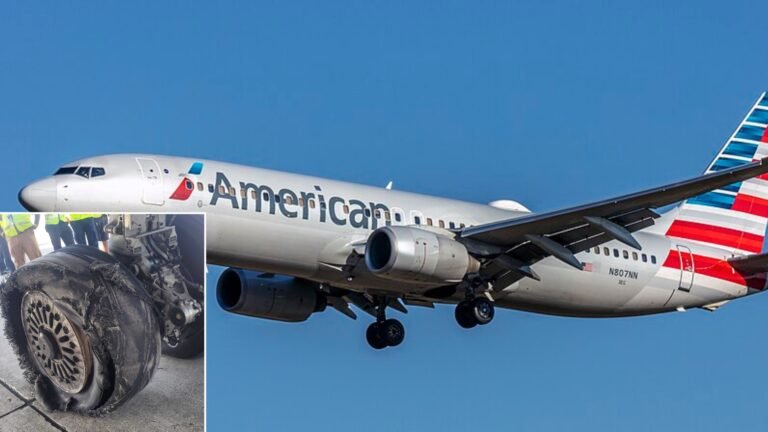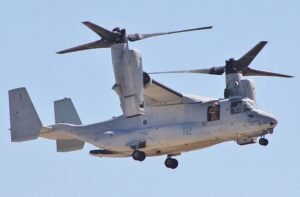Picture credits: X
Colorado: An American Airlines Flight 1006, a Boeing 737-800, experienced an engine fire at Denver International Airport following an emergency landing on Thursday, March 13, 2025. The flight, originating from Colorado Springs Airport and bound for Dallas Fort Worth International Airport, was diverted to Denver around 5:15 p.m. due to reported engine vibrations, according to the Federal Aviation Administration (FAA).
After landing safely, the aircraft was taxiing to Gate C38 when one of its engines caught fire, prompting an emergency evacuation. All 172 passengers and six crew members evacuated the aircraft using emergency slides and over-wing exits. Twelve passengers sustained minor injuries and were transported to local hospitals; all have since been released.
Passengers described the evacuation as chaotic and frightening, with some standing on the plane’s wing amid heavy smoke. One passenger recounted seeing flames and feeling intense heat, causing panic among those on board.
Watch the video below:
NEW: Passengers forced to stand on the wing of an American Airlines plane after the plane caught fire at Denver International Airport.
— Collin Rugg (@CollinRugg) March 14, 2025
It’s unclear at the moment what exactly started the fire.
According to Fox 31 Denver, there are currently no reports of any injuries and the… pic.twitter.com/TAQCvaEtF9
American Airlines acknowledged the incident, stating that the aircraft “experienced an engine-related issue after taxiing to the gate.” The airline expressed gratitude for the swift actions of the crew and first responders, emphasizing that safety is their top priority.
The FAA and the National Transportation Safety Board (NTSB) have initiated investigations to determine the cause of the engine fire. American Airlines is cooperating fully with the authorities during this process.
This incident is part of a series of recent aviation events in the United States, prompting discussions about air travel safety.
Stay tuned to Aviation Today for latest aviation updates.


